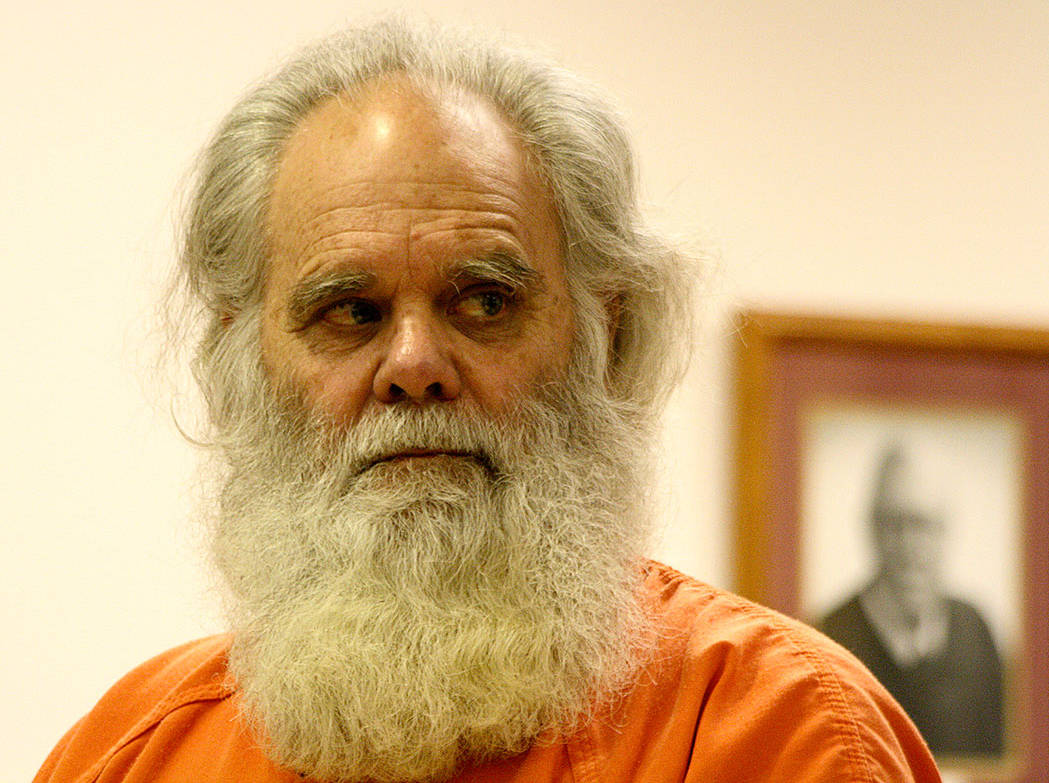A former Antarctic scientist and Whidbey pizzeria owner who murdered his wife in their bed five years ago wants out of prison.
It’s a turn- around from last year, when Robert “Al” Baker, 67, protested after attorneys filed an appeal on his behalf, without his knowledge or consent.
In court, his attorney claimed Baker accepted his guilt in killing his wife, Kathie Baker, knew he will die in Walla Walla prison and didn’t want to put her family through an appeal. Baker received an exceptional sentence of 52 years in prison, the same as his original sentence.
Baker apparently changed his mind about accepting guilt.
In the new appeal, Baker filed a personal restraint petition — in his own handwriting — alleging ineffective assistance of counsel. He argued that his trial attorney, Tom Pacher, didn’t properly defend him.
Baker alleged that Pacher was overburdened with other work and that Pacher’s health was poor. He claimed Pacher didn’t properly investigate the case, failed to call expert witnesses and didn’t present an alibi for Baker.
Island County Chief Criminal Prosecutor Eric Ohme, who tried the case, filed the prosecutor’s response with the court last week. He argues against “Baker’s shotgun second-guessing of his attorney’s performance.”
Ohme writes that Baker’s allegations are not supported by admissible facts and that his claims failed to overcome the presumption that his attorney’s performance “did not meet a professional standard of reasonableness.”
In addition, Ohme argues that evidence against Baker was so overwhelming that the outcome was inevitable.
The Bakers met at a science station in Antarctica and owned a pizza joint in Freeland.
The prosecutor posited Baker panicked in the summer of 2012 when it turned out his wife was going to be at their Greenbank home at the same time his girlfriend was visiting. He killed Kathie Baker in her bed and dragged her body through the house, leaving a bloody trail that deputies noticed while investigating after her employer reported her missing.
Deputies found her body wrapped in a tarp in a ravine in their backyard. Baker was sleeping on a bloody mattress in a house with bloody drag marks across the carpet, which he tried to clean. Baker repeatedly lied to investigators and had no alibi.
“A mountain of evidence existed to show that he did just that,” Ohme wrote. “No matter what defense was put forth, it is inconceivable that the outcome of the case would have been different.”



